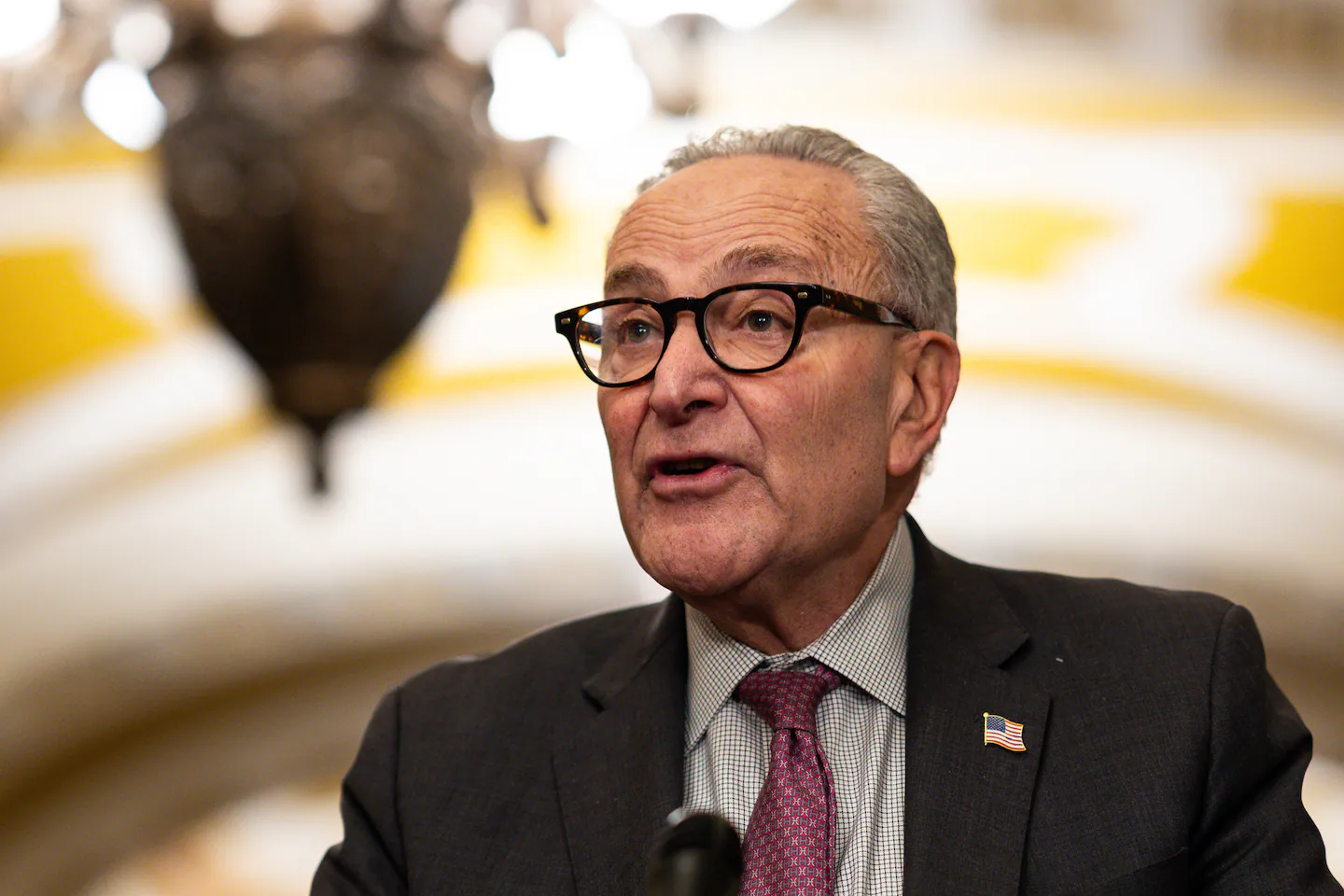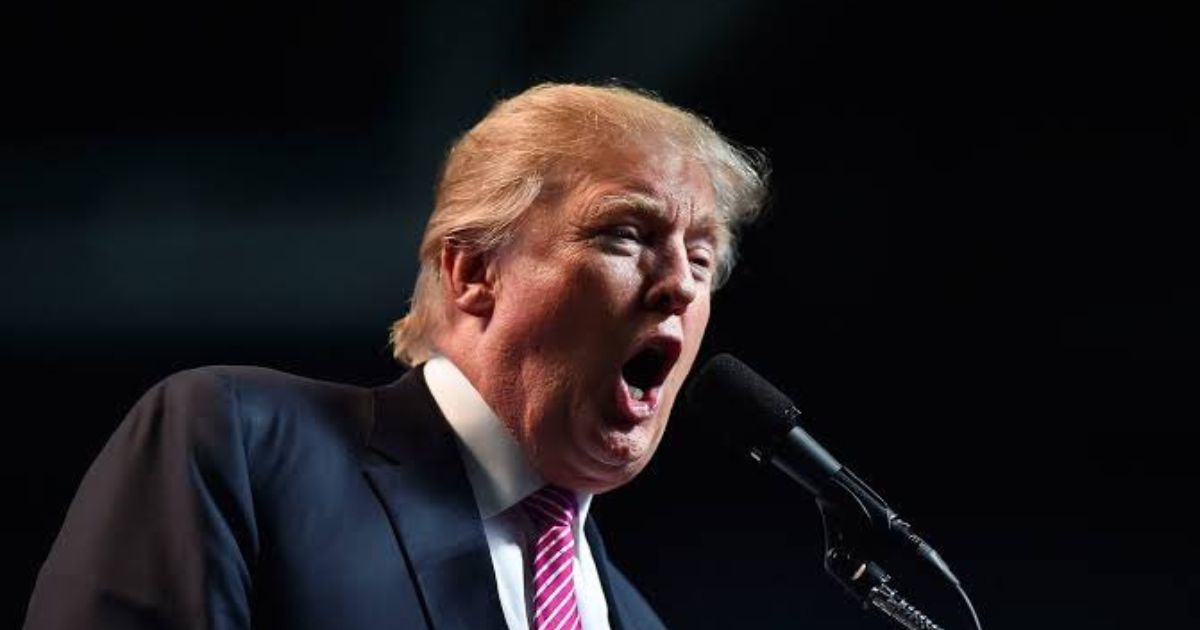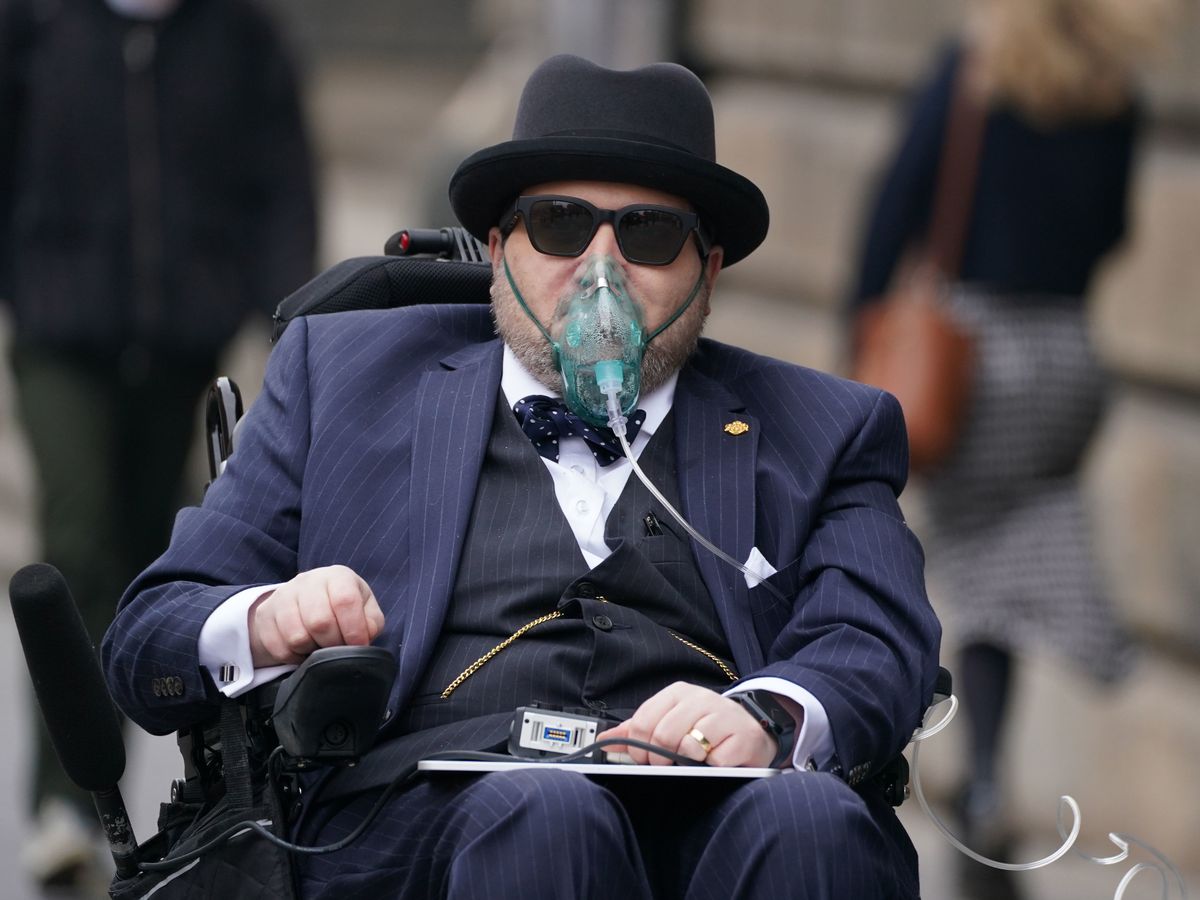Copyright The Boston Globe

Eight Democratic senators voted for the deal Sunday, despite it not satisfying their demand to fully fund Affordable Care Act subsidies set to expire soon. The outrage was near-instantaneous not just on social media or from liberal groups, but also from Democrats running as antiestablishment candidates in 2026 who have found the shutdown, and Schumer’s handling of it, to be a powerful foil for their own races. Schumer voted no on the proposal, but many Democrats believe he failed to keep the caucus together to win a battle they felt could be won. Chief among them may be Representative Seth Moulton, of Salem, who is running against Senator Ed Markey, of Malden, in the Democratic primary. Markey voted no on the shutdown deal, torching it as a “massive mistake” in a statement and encouraging people to “turn our anger into action and let it fuel us for the long fight ahead.” Moulton, who said at the beginning of his campaign that Schumer should no longer be leader, pushed Markey further, challenging him Sunday night via X to say whether he also agreed that Schumer should step aside. In an interview with the Globe, Moulton said he’s questioning whether Markey will support Schumer “because it’s an important distinction between us in this election.” As Trump is “hurting a lot of people across Massachusetts and all over America,” Moulton said, “there are still too many people in Washington and in particular in the Senate, who are just supporting the establishment, who are just supporting the status quo, and that’s not what we need in this moment.” Asked by the Globe whether Schumer was to blame for the shutdown deal emerging, and to respond to Moulton publicly challenging him over Schumer’s leadership, Markey declined to answer either question in an emailed statement. “The American voter told us on Election Day to fight for them and to champion bold, transformational policies that help working people,” Markey said. “We didn’t see that in the Senate last week. The deal did nothing concrete to reverse the Republican cuts to health care or extend the enhanced Affordable Care Act tax credits. That was a big mistake.” The back-and-forth was perhaps the clearest demonstration of another unusual dynamic to this already unprecedented government shutdown. Historically, most shutdown battles are quickly forgotten, the machinations and brinkmanship fading into the background as quickly as the lights are flipped back on at federal offices. And leadership litmus tests in tough campaigns are nothing new, either. House Democratic hopefuls were often pressed to say whether they would back former speaker Nancy Pelosi, while many Senate Republican candidates tried to shore up their antiestablishment bona fides by voicing skepticism of former leader Mitch McConnell. But the sense that this shutdown is about something more for Democrats — a referendum on their leadership — means that the actions taken during this 43-day period will reverberate long after Trump eventually signs the legislation to reopen the government. That could happen as soon as Wednesday, when the House is slated to vote. Up until last weekend, Schumer had earned positive reviews for keeping nearly all Democratic senators together, particularly given that three had voted against the shutdown initially. Party leadership risked shouldering the blame for the government shutdown by going to the mat over the demand to extend the ACA subsidies, which help roughly 22 million people access health insurance and are set to expire at the end of the year. But Democratic voters and politicians nationally, alarmed by the aggressive actions of the Trump administration, were eager for a fight. And Senate Democrats had held firm in rejecting Republican-backed stopgap funding legislation in repeated votes set up by GOP leadership since the shutdown began on Oct. 1. Democrats’ strong performance in last week’s elections, which Trump partially blamed on the shutdown, only strengthened the resolve from many in the party to keep going. The deal that emerged Sunday addressed some Democrats’ concerns, but only promised a vote on ACA subsidies, not a long-term solution. If Schumer was unable to keep those eight senators on board, it was not his fault, argued Jim Kessler, executive vice president for policy at the center-left think tank Third Way, who previously worked for Schumer. That’s due, he said, to the nature of the chamber, where senators are harder to strong-arm. “I don’t think it’s fair to blame him,” Kessler said. “He is the leader of the Democratic caucus, but that makes you first among equals in the Senate. That’s the way the Senate works: you have limited power as leader.” Still, many Democrats felt similarly to how they did in March, when Schumer and nine other Democratic senators voted for a GOP-backed bill to avert a shutdown. “I just can’t understand why we would go this far and then give in at the last minute, all for a potential vote in the future that we may not even win,” Moulton told the Globe. There is no indication that Schumer faces an immediate threat to his leadership — he could only be removed by his Democratic colleagues, none of whom are openly calling for a change. The inflection point could come after the 2026 elections, which could bring a number of new senators into office. Going forward, the defining splits among Democratic politicians may come over who is explicitly blaming Schumer for the shutdown’s outcome and who is not. Beyond Massachusetts, the fault lines are beginning to show in other key races, particularly ones in which antiestablishment politics have already animated the dynamics. In Maine, where there’s a contentious Democratic primary underway to challenge Senator Susan Collins, both of the leading candidates — Governor Janet Mills and Graham Platner — strongly criticized the shutdown deal. “Maine people deserve affordable health care — not just the promise of a vote that won’t go anywhere,” Mills said in a tweet. “Fight back.” But that’s where Mills, who is backed by Schumer and the Democratic establishment, stopped. Platner, who is openly warring with Washington Democrats and has accused them of meddling in the primary with damaging dumps of opposition research, went further. Millions of Americans will lose access to health insurance, Platner argued in a video posted to social media, because Schumer “failed in his job yet again.” “Call your senators — and tell them that Chuck Schumer can no longer be leader,” he said. The prospect of new Senate leadership was also raised in Michigan, where a competitive primary to replace outgoing Democratic Senator Gary Peters is brewing between Representative Haley Stevens, state Senator Mallory McMorrow, and former public health official Abdul El-Sayed. All three criticized the shutdown deal. But McMorrow, who like El-Sayed has made clear she will not support Schumer if elected, used it as an opportunity to make a broader point. “This is a bad deal, and the old way of doing things is clearly not working,” she said on a video posted to X. “We need new leaders in the Senate.” Stevens, who is seen as the establishment favorite, did not criticize Schumer in the wake of the deal, but in a pointed post Tuesday, the GOP’s official Senate campaign arm blasted out a video of Stevens declining to say in an Oct. 31 TV interview whether she would support Schumer if elected. The shutdown’s aftermath, and Schumer’s role in it, could have a long tail for another reason: the Democratic leader’s handling of the promised vote on extending ACA subsidies, which could come in December, will also be closely watched. For now, he is already framing the shutdown’s end the way he wants: as a reason to vote for Democrats in 2026, even if those Democrats may not necessarily vote for him. “Republicans’ breach of trust with the American people is deep and perhaps irreversible,” Schumer said in a floor speech Monday. “The anger that Americans feel is going to get worse. Americans will remember Republican intransigence every time they make a sky-high payment on health insurance.”



